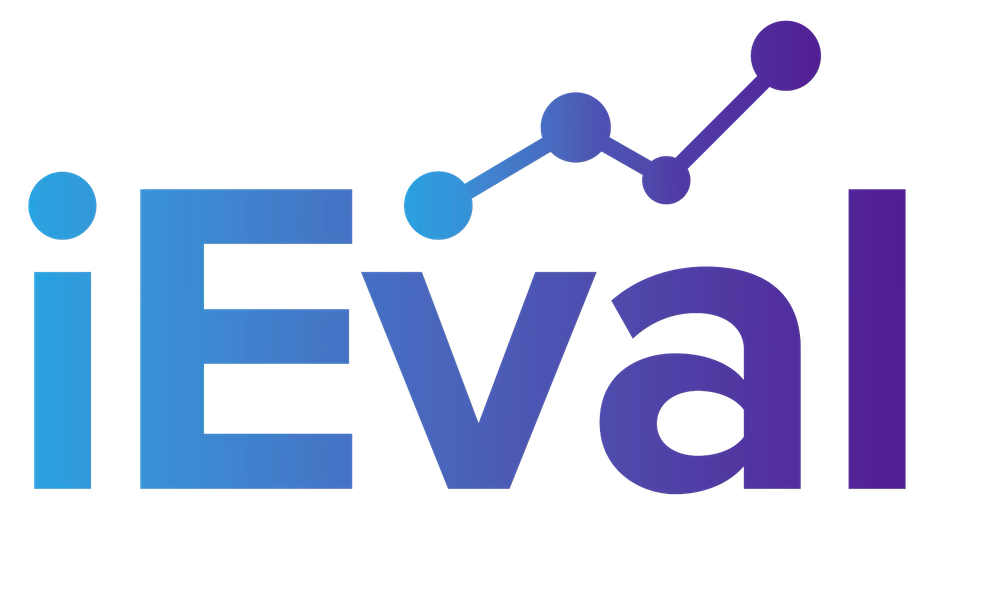I think we all struggle with the questions at some point in our lives of…
Am I truly happy in my job?
Does what I'm doing really matter?
Should I change careers?
It’s usually something monumental that causes us to examine these questions a little more closely…a shift in priorities at work, a major family event, complete exhaustion, an amazing vacation, etc. For me, it was losing my dad, David Switzer, to cancer just over a month ago. Dad was such an inspiration for me growing up – teaching me long division years before most of my friends really understood addition and subtraction, sharing stories from work with me so I felt like a grown up, encouraging me in whatever I was doing (he so wanted me to play Flight of the Bumblebee on the marimba in a concert, but that never happened), and just being there. Mom continues to play a huge role in my life, but losing Dad has definitely left a hole.
Such a major event has led me to some internal contemplation. Should I be spending my time figuring out how to cure cancer instead of working as an evaluator in education and health? Does what I’m doing even make a difference in the world? Am I just going through the motions of earning a paycheck? So, I have spent some time reflecting on the questions above.
I know Dad was proud of me, but am I truly happy as an evaluator? Yes, I am! I really love my work. I love building new relationships with clients and their partners. I love teaching as I work, sharing what evaluation is and how it can be meaningful in all types of work. I love playing detective with the data to try to figure out patterns, causes, and outcomes. I love sharing reports with clients and seeing that A-HA moment when the understanding happens.
Okay, so I love my work, but am I doing something that really matters? There is nothing better in my work than when clients use the data and findings to make improvements in their programs that, ultimately, benefit their clients (e.g., children, parents, teachers, organizations). No, I’m not curing cancer, but one of the programs I’m working with may have a positive impact on a budding young mind of a child who someday will be the one to do something amazing that we have not even conceived of yet! And, that program may have a more positive impact on that child because of the data analyses we are doing, allowing the program staff to improve and tailor the program accordingly. I’m in it for the long haul. I may not see those benefits, but I know the future possibility of them is real.
With the answers to the first two questions being yes, then I can definitively say no to changing careers! I love what I do, and I see the potential for having a positive impact on the world. What I can do, though, is continue to ensure that the evaluation processes, findings, and reports my team and I do are conducted with validity and reliability, adhering to the highest moral standards, exceeding all ethical practices, and shared in a user-friendly way that is non-threatening and facilitates use for improvement and decision-making. Personally, I’m taking this opportunity of contemplation to rededicate myself to those high standards and continue to make my parents proud!
DR. TACKETT’S USEFUL TIP: It is important to take time to reflect on our own practices as evaluators, but also to think about the reasons why we are working as evaluators in the first place. In order to provide user-friendly, meaningful evaluation results, you must be mentally, emotionally, and physically committed to the work you are doing.

